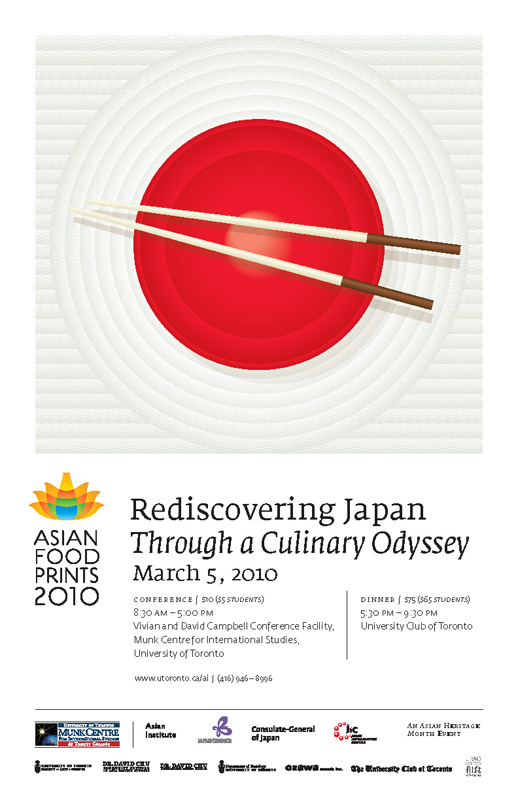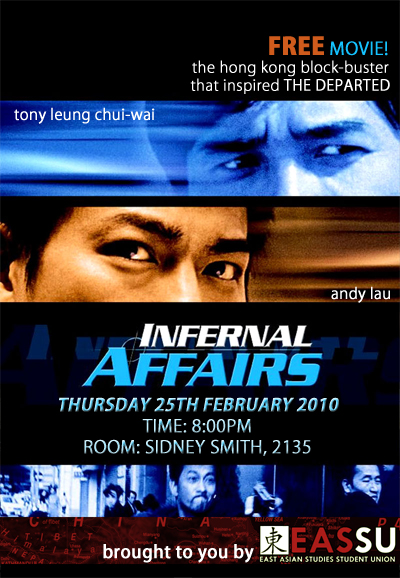– Dong-Choon Kim, Associate Professor of Sociology, Sung Kong Hoe University, and former Standing Commissioner, Korean Truth and Reconciliation Commission
Date: February 8, 2010
Time: 12:00 pm- 2:00 pm
Venue: 208N – Seminar Room, North House, Munk Centre for International Studies, 1 Devonshire Place
Register Online at: http://webaoo.mcis.utoronto.ca/EventDetails.aspx?EventId=8563
Sponsors:
The Munk Centre for International Studies | Asian Institute
Centre for the Study of Korea
In 2005, the government of the Republic of Korea established the Truth and Reconciliation Commission in an effort to address the silences embedded within Korean society for the past sixty years. The commission became a project that would eventually encompass anti-Japanese movements from the colonial period to the mass violence from 1945 through the Korean War and the authoritarian regimes. Professor Dong-choon Kim, a former commissioner of the Truth and Reconciliation Commission, will give his reflections upon the work achieved and limitations encountered by the commission during his tenure, and the consequences of the Commission’s work on the current socio-political landscape. What kind of legal and social limitations surrounded the beginning of the commission? Was this commission able to break the structuralized silences within Korean society? What kind of “truth” was the commission able to attain? And what kind of obstacles has the commission had to overcome in order to continue its work?
***
Dong-Choon Kim is Associate Professor of Sociology at Sung Kong Hoe University in Seoul, Korea, and formerly served as a Standing Commissioner of the Truth and Reconciliation Commission, Republic of Korea.
Professor Kim received his PhD in Sociology from Seoul National University in 1993. The main areas of Professor Kim’s research have been historical sociology of Korean politics, working class formation, and the Korean War. As an activist, Professor Kim has been at the center of progressive academic movements since the 1980s. Since 1999 he has been writing about Korean War Massacres and working with victims’ families. In 2004, Hankyoreh, South Korea’s progressive newspaper, nominated him as one of “100 people who will lead Korean society.” He was also awarded the 20th DanJe Prize in 2005 for his academic achievements and activism. His books include Social Movements in 1960s Korea (1991), A Study of Korea’s Working Class (1995), Shadow of Modernity (2000), War and Society (2000), Engine of America-Market and War (2004). War and Society has been translated into German, Japanese, and English (The English language title is The Unending Korean War.)

